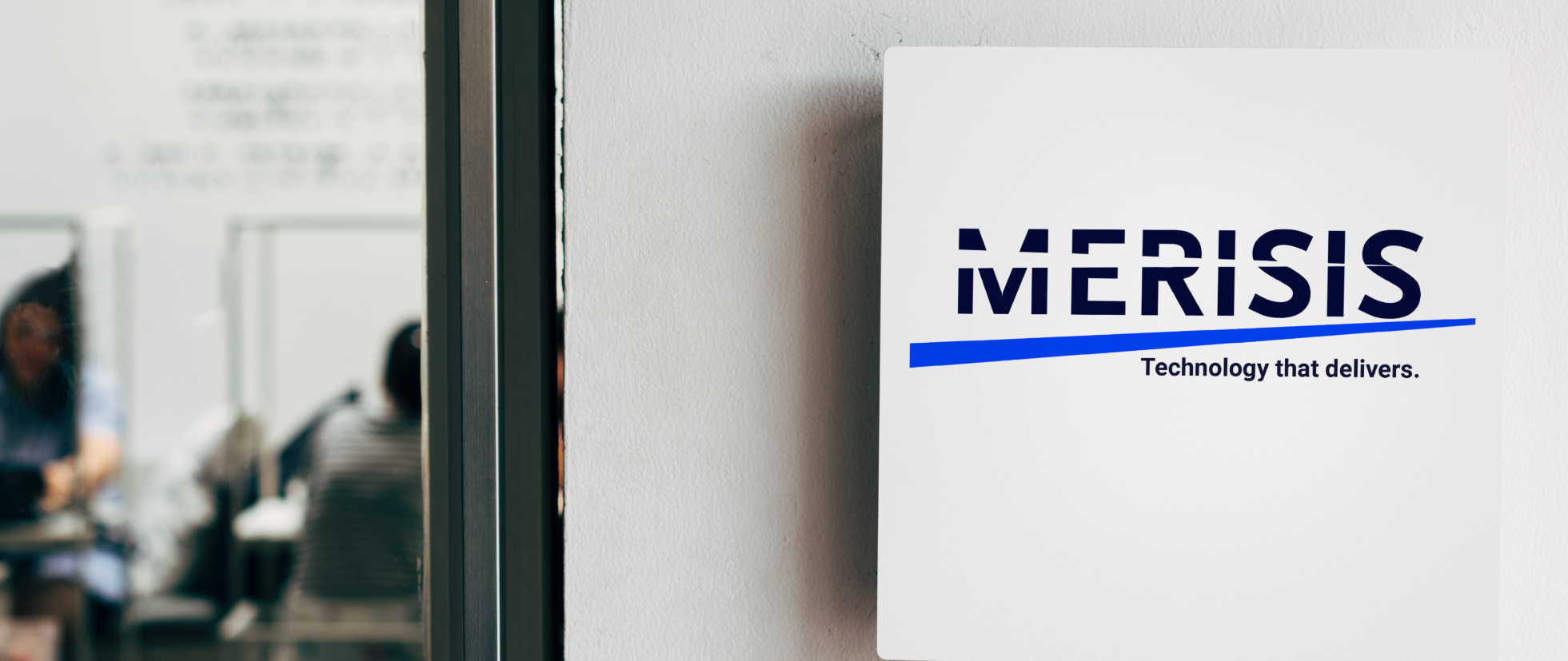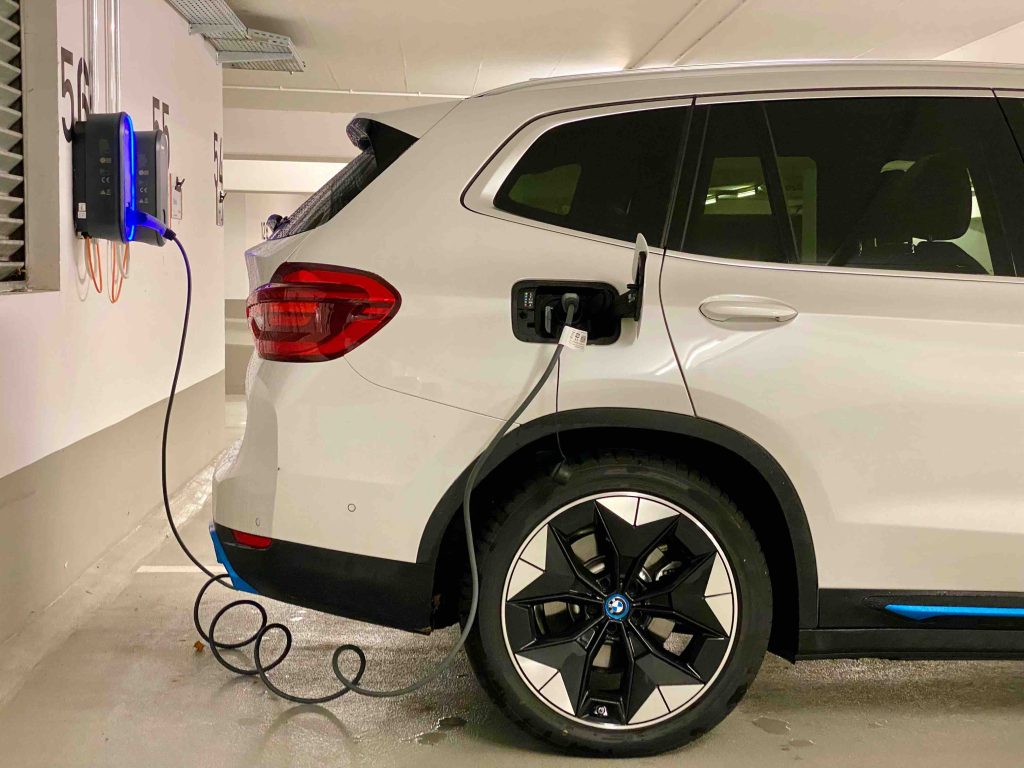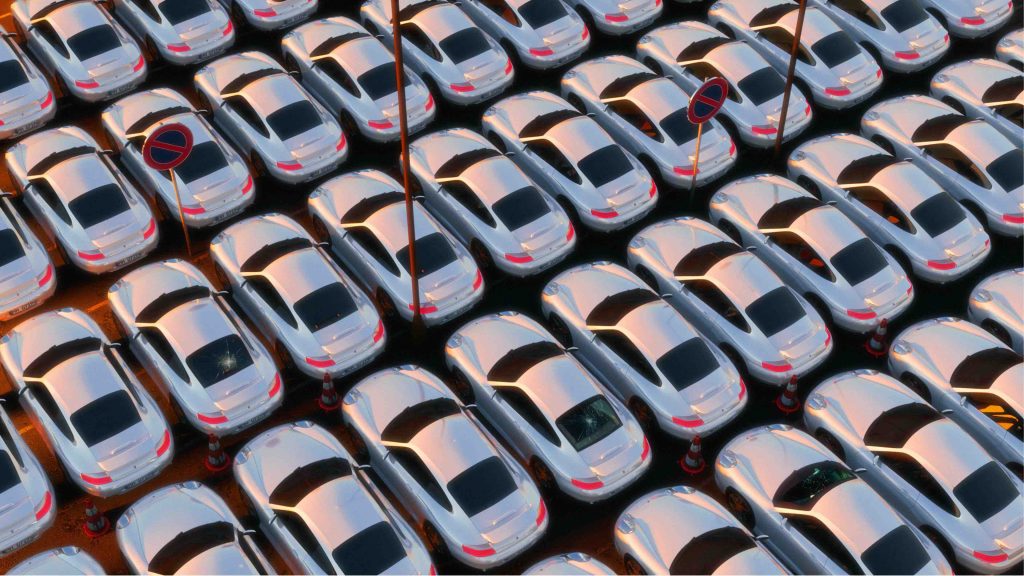
What implications do more electric vehicles have on the global shipping industry?
Electric vehicles are here to stay, and by 2030, no new petrol or diesel cars will be manufactured. Great for the environment, but what will the implications of global shipping be?
The UK Government has commenced a consultation on phasing out the sale of new petrol and diesel cars from 2030 as part of their clean energy mission and economic growth mission. Despite a relaxation on the UK’s electric vehicle sales targets (in response to US tariffs), the sales of petrol and diesel vehicles will be reduced year on year up to the year 2030 when all new consumer vehicles will be electric.
So what will this actually mean for global shipping?
For the general public, this means our attention will turn to the affordability of electric vehicles, and getting tips on how to overcome range anxiety. However, for the shipping industry, there may be larger implications when we consider the overall rise of electric vehicles – whether commercial or domestic.
For this, let’s consider cars:

In 2023, the UK imported cars valued at £68.08 billion, with the EU accounting for 71.5% of these imports, while China was the second-largest trading partner, representing under 10% of imports. The most practical shipping method for cars is using RoRo shipping – that is “Roll-on, Roll-off” where the vehicles are driven onto a deck, rather than being in a container. Logistically, this means shipping companies need to know the dimensions of each vehicle, and where they are being shipped to, so they can efficiently and safely load a ship – utilising all available space to it’s best use.
When you introduce electric cars to the equation, this presents no initial problem as, generally speaking, the overall dimensions of an electric car may be the same as, or within reasonable tolerance of, that of a petrol or diesel car. The weight, however, is a different matter.
Transport & Environment, a campaign group, calculates that EVs are on average between 300kg and 400kg heavier than their petrol counterparts – and this of course mainly comes down to the battery. The longer the vehicle range, the bigger the battery. The bigger the battery, the heavier it becomes.
The increased weight of such electric cargo, therefore has implications to the shipping industry:
1. Reduced Cargo Capacity
- • The weight of batteries for electric vehicles could mean a cargo ship cannot carry as many units as it previously would.
- • Shipping companies therefore may need to make more trips to transport the same amount of goods which would in turn impact profitability.
2. Vessel Stability
- • Weight distribution is an important factor in shipping – especially when considering stability and safe handling – this gives new considerations for planners.
- • The distribution of the additional weight also impacts the hydrodynamics, aerodynamics, and energy consumption of a vessel.
3. Shipping Costs and Efficiency
- • Heavier vehicles often require more fuel and resources to transport which may in turn lead to increased shipping costs.
- • More shipping trips (for the same amount of goods) could have an impact on the existing transportation infrastructure.
4. Charging Infrastructure and Time
- • The lack of widespread, high-capacity charging infrastructure at ports is a major concern for electric shipping.
- • If vehicles need charging in order to move them, the lack of infrastructure could cause delays.
5. Other Considerations
- • New types of cargo, like large lithium-ion batteries, may present new risks that need to be identified, evaluated, and mitigated.

Although this may seem like negativity from us, it’s not. It’s just reality. We appreciate the world is changing, and much of our work with clients is about recognising new challenges and developing ways to alleviate or circumnavigate the pain. Yes – websites, dashboards and apps may look great – but for us and our clients, they really need to solve problems too.
This growing challenge will be tackled head on at Merisis. We’ll be using our knowledge and experience in the logistics industry to continue to develop software solutions which consider new and varying factors – such as increased and varying weight – as we always have done. And this doesn’t come from a lone standpoint as we acknowledge the bigger implications are on some of our clients; we will remind them that we’re standing with them to deliver some great technology.
